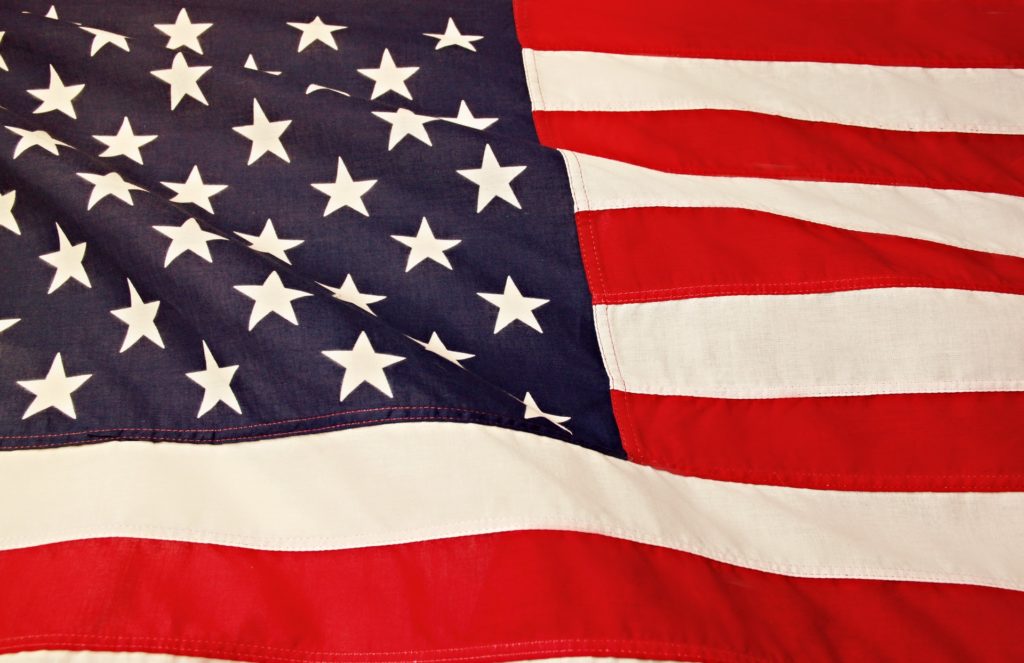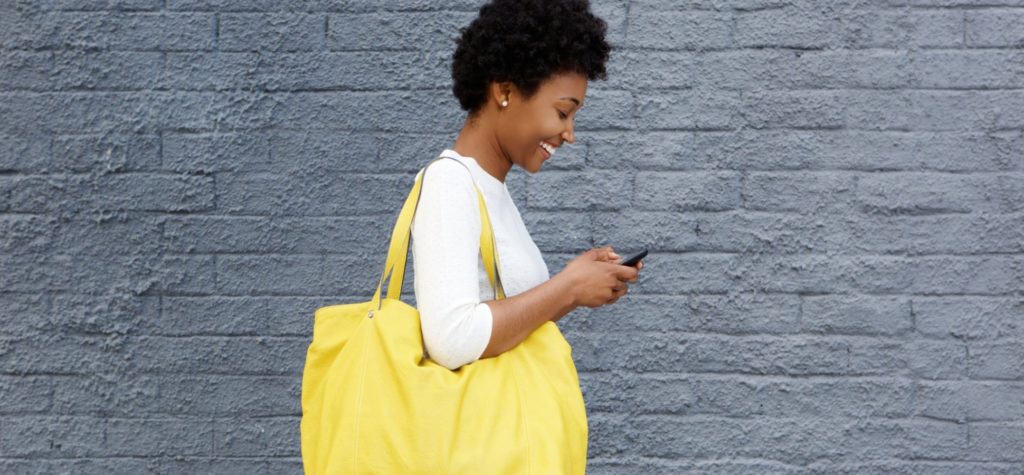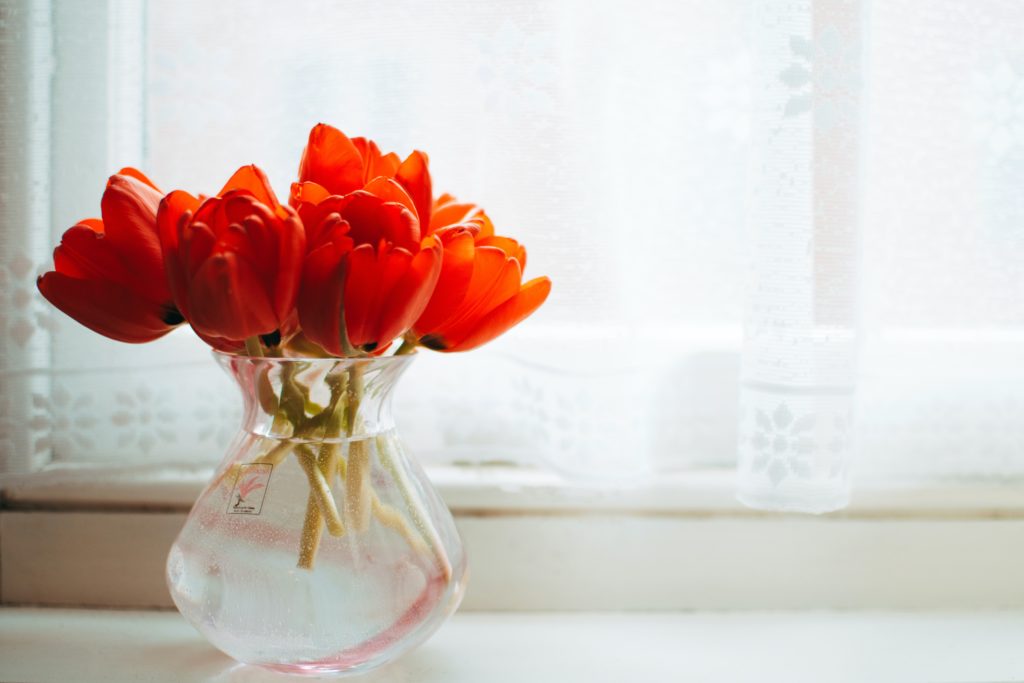Good morning,
I’m starting a new series called Meaningful Texts.
It’s where I share an excerpt from a book that I found meaningful, in hopes that it inspires you to feel a little less alone. I hope you learn something, I hope you feel something, and I hope you see a part of yourself (or someone else) that you couldn’t see before.
Today’s Meaningful Text excerpt comes from Dr. Edith Eva Eger’s book The Choice. It’s a psychology textbook disguised as a memoir. Dr. Eger is a psychologist who studied under Viktor Frankl (the OG who wrote Man’s Search for Meaning). She is a Holocaust survivor who spent time at Auschwitz, the death camp that murdered millions of Jews, gays, gypsies, and anyone that wasn’t Arian and “Pure.” My family was murdered there too. Gassed to death on arrival.
There is a culture of denialism and comparative suffering that permeates many immigrant family structures and Dr. Eger’s book is a welcome antidote to those familiar toxic tropes: “Your life isn’t so bad! What do you have to complain about? Buck up, my life was harder than yours. Look all I did for you and you waste on it on this!”
Dr. Eger cautions us not to rank order suffering.
The Choice is a phenomenal tale of the triumph of hope and the human spirit, without being trite or minimizing cruelty, suffering, and What Really Happened. I’ve read it twice and each time I learn more and more about the human condition. I am perpetually astounded by how little we know about our own psychology, the physics of how it works, and the way in which our cultural conditioning leads us astray.
To me, the way Dr. Eger embraced and allowed herself to experience and witness her shame, instead of denying it – was the most impactful part of this book.
The section I’m sharing here is from pages 7-9 about comparative suffering and the critical distinction between victimization and victimhood.
I give you, Dr. Edith Eva Eger:
“If you asked me for the most common diagnosis among the people I treat, I wouldn’t say depression or post-traumatic stress disorder, although these conditions are all too common among those I’ve known, loved, and guided to freedom. No, I would say hunger. We are hungry. We are hungry for approval, attention, affection. We are hungry for the freedom to embrace life and really know and be ourselves.
My own search for freedom and my years of experience as a licensed clinical psychologist have taught me that suffering is universal. But victimhood is optional. There is a difference between victimization and victimhood. We are all likely to be victimized in some way in the course of our lives. At some point, we will suffer some kind of affliction or calamity or abuse, caused by circumstances or people or institutions over which we have little or no control. This is life. And this is victimization. It comes from the outside. It’s the neighborhood bully, the boss who rages, the spouse who hits, the lover who cheats, the discriminatory law, the accident that lands you in the hospital.
In contrast, victimhood comes from the inside. No one can make you a victim but you. We become victims not because of what happens to us, but when we choose to hold onto our victimization. We develop a victim’s mind – a way of thinking and being that is rigid, blaming, pessimistic, stuck in the past, unforgiving, punitive, and without healthy limits or boundaries. We become our own sailors when we choose the confines of the victim’s mind.
I want to make one thing very clear. When I talk about victims and survivors, I am not blaming victims – so many of whom never had a chance. I would never blame those who were sent right to the gas chambers or who died in their cot or even those who ran into the electric barbed wire fence. I grieve for all people everywhere who are sentenced to violence and destruction. I live to guide others to a position of empowerment in the face of all of life’s hardships.
I also want to say that there is no hierarchy of suffering. There is nothing that makes my pain worse or better than yours, no graph on which we can plot the relative importance of one sorrow versus another. People say to me, “Things in my life are pretty hard right now, but I have no right to complain – it’s not Auschwitz.” This kind of comparison can lead us to minimize or diminish our suffering. Being a survivor, being a “thriver” requires absolute acceptance of what was and what is. If we discount our pain, or punish ourselves for feeling lost or isolated or scared about the challenges in our lives, however insignificant these challenges may seem to someone else, then we’re still choosing to be victims. We’re not seeing our choices. We’re judging ourselves. I don’t want you to hear my story and say, “my own suffering is less significant.” I want you to hear my story and say, “If she can do it, then so can I!”
One morning I saw two patients back to back, both mothers in their forties. The first woman had a daughter who was dying of hemophilia. She spent most of her visit crying, asking how God could take her child’s life. I hurt so much for this woman – she was absolutely devoted to her daughter’s care, and devastated by her impending loss. She was angry, she was grieving, and she wasn’t at all sure that she could survive the hurt.
My next patient had just come from the country club, not the hospital. She, too, spent much of the hour crying. She was upset because her new Cadillac had just been delivered, and it was the wrong shade of yellow. On the surface, her problem seemed petty, especially compared to my previous patient’s anguish over her dying child. But I know enough about her to understand that her tears of disappointment over the color of her car were really tears of disappointment over the bigger things in her life that hadn’t worked out the way she hoped – a lonely marriage, a son who had been kicked out of yet another school, the aspirations for a career she had abandoned in order to be more available for her husband and child. Often, the little upsets in our lives are emblematic of the larger losses; the seemingly insignificant worries are representative of greater pain.
I realized that day how much my two patients, who appeared so different, had in common – with each other and with all people everywhere. Both women were responding to a situation they couldn’t control in which their expectations had been upended. Both were struggling and hurting because something was not what they wanted or expected it to be; they were trying to reconcile what was with what ought to have been. Each woman’s pain was real. Each woman was caught up in the human drama – that we find ourselves in situations we didn’t see coming and that we don’t feel prepared to handle. Both women deserved my compassion. Both had the potential to heal. Both women, like all of us, had choices in attitude and action that could move them from victim to survivor even if the circumstances they were dealing with didn’t change. Survivors don’t have time to ask, ‘Why me?’ For survivors, the only relevant question is, ‘What now?'”
What I love about this is the psychological honesty.
We cannot arrive at “What now?” without “absolute acceptance of what was and what is.” In my experience, too many people jump to, “What now?” without adequately processing their pain, grief, rage, and sorrow. “What now?” is the appropriate question only after you’ve faced the truth of what you did, what you’re doing, how you felt, how you feel, and what was done to you.
If you jump to action mode too quickly, you circumvent your feelings and (spoiler alert) that is not possible. They simply show up elsewhere in a place they’ll cause major damage. To “rid” yourself of negative emotions, you must experience the emotion; That is to say – you cannot rid yourself of any human emotion, you can only repress, deny, or project them and those are super dangerous horrible cruel things to do to yourself and others.
Strength is sitting in the tension of feeling your hurt. Not forever, not for always, and not by blaming. You don’t have to identify with the hurt to feel the hurt.
And you don’t get to exercise your choice in attitude or action until you’ve FELT what you feel, fully and completely – without comparison, minimization, diminishment, or self-deception.
Period.
Check out Dr. Edith Eva Eger’s full story and treat yourself to her Instagram account where she still – in her 90s – kicking (LITERALLY) like a 20-year-old dancer. It’s awesome. She is awesome.
Read The Choice. Start discussions.
I hope you enjoy her work as much as I do.
With love,
Margo
PS: Thank you to everyone who spread the word about my new project, Brainstorm Road. We accepted our first round of folks and now have hundreds of incredible humans from all over the world connecting and doing work they love. Stories like Dr. Eger’s make doing the work that lights you up all the more relevant as so many people never get the chance to do meaningful personal work – due to circumstances that have nothing to do with them.
It’s easy to become disillusioned (I certainly have) when life inevitably becomes a 💩storm of cruelty and unfairness. Choosing not to be – despite evidence to the contrary (and withOUT becoming toxically positive) – is the choice Dr. Eger promotes.
I believe it is possible to choose to dream and love and be kind, and ALSO see the suffering in the world, without minimizing, denying, or discounting it.
Dr. Eger’s story was pivotal in my understanding of the balance between the two. I hope you get a chance to check out her book and LMK how it impacted you.
Ok, see you next week with another Meaningful Text 🙂




